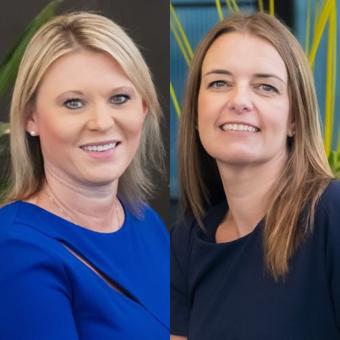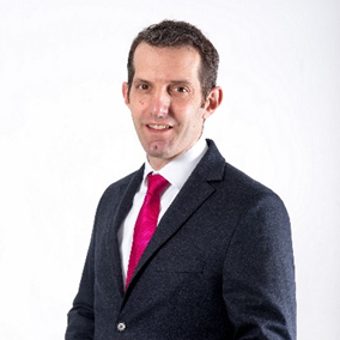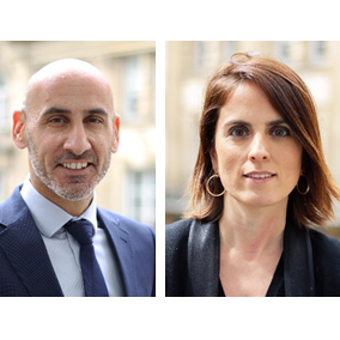Mike Elston, chief counsel Combat Air at BAE Systems, on winning international business and why reputation counts
A decade into my in-house legal career at BAE Systems, the lessons keep on coming. Defence is a unique business; it has many non-intuitive features and it operates on timescales measured in years, if not decades. The Eurofighter Typhoon, which sits at the pinnacle of our current aircraft portfolio, has its origins in the early 1980s.
Understanding the unique features of your industry is a core skill of an in-house lawyer. If you don’t understand your product or why customers buy it then you won’t be able to deliver legal advice that is relevant to your one and only client, your employer.
With the decline in defence spending in Europe and the US, BAE Systems is increasingly looking to international opportunities. BAE Systems actually has a long and successful track record as an exporter, but what characterises the current opportunities for the sale of combat aircraft is the intensity of the competition. To be successful in this environment, understanding what drives the customer is paramount. The legal input into the business-winning campaign must be as focussed on this as all the other elements.
In defence, customers are looking for a multi-faceted offering. They naturally want a highly capable aircraft at the right price, but other factors are relevant as well. For example, if a government is going to spend billions of pounds on an aircraft it will commonly want to see local industrial, technological and employment benefits being generated by the project. Thus working with local industry and transferring technology are potentially game-winning moves. Other sectors may have different drivers but the lesson for the in-house lawyer is the same - having the correct legal answer is not enough if it is remote from, or irrelevant to, the overall business context.
Another lesson that is abundantly clear to BAE Systems is that reputation matters. A positive reputation is hard won and easily lost. Thus the modern in-house counsel can spend as much time advising on compliance and ethical issues as on strict matters of law or contract. But here again, there is a strong business-winning benefit. Legal compliance not only needs doing to avoid loss of licences and regulatory action, but because a strong compliance culture generates a positive reputation and that in turn can win business.
The defence industry has had more than its fair share of scandals and therefore customers (usually national governments) are rightly concerned to ensure things are done properly. BAE Systems has expended enormous time, effort and resources over the last few years to enhance its governance and compliance machinery with the aim of not just being the best in the defence industry but being amongst the best in any sector. Today we have a code of responsible business conduct and governance processes which other companies come to us to learn from and we are one of only ten defence companies in the top bands of the Transparency International Defence Companies Anti-Corruption Index. The message BAE Systems has for its customers is that a deal done with us will stand the test of time because it will be done the right way.
The challenge then to the in-house lawyer is clear. You must understand your business before you can properly advise it. The advice that you give must positively contribute to the reputation of your company. If you keep these lessons in mind you can make a massive contribution to the business success of your employer. Achieving that is why I became an in-house lawyer in the first place.








